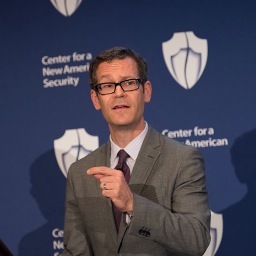I’ve been a guest in Colorado Springs, Colorado, following a weeklong retreat with Colorado College students who are part of a course focused on nonviolence. In last weekend’s Colorado Springs Gazette, there was an article in the Military Life section about an international skype phone call between U.S. soldiers in Kandahar, Afghanistan and sixth grade girls at a private school in Maryland. ("Carson Soldiers Chat With Friends" November 17, 2013 F4)
Soldiers from Fort Carson’s Company C Headquarters and Headquarters Battalion, 4th Infantry Division had been receiving care packages and handwritten letters from sixth grade girls at a private school in Brooklandville, MD. The project led to a late October video chat session which allowed the soldiers and students to converse.
I read in the article that one of the US soldiers in Kandahar assured the girls in Maryland that girls in Afghanistan now have better access to education than they did before the US troops arrived. He also mentioned that women have more rights than before.

On November 21st, I’ll participate in a somewhat similar skype call, focused not on soldiers in Afghanistan but on the voices of young Afghans. On the 21st of every month, through Global Days of Listening, several friends in the US arrange a call between youngsters in Afghanistan and concerned people calling or simply listening in from countries around the world. I long to hear the optimism expressed by the Fort Carson soldier reflected in the Afghan Peace Volunteers’ words. But our young friends in Afghanistan express regret that their families struggle so hard, facing bleak futures in a country racked and ruined by war.
According to Ann Jones, who has reported from Afghanistan since 2002, UNICEF’s 2012 report statesthat "almost half the "schools" supposedly built or opened in Afghanistan have no actual buildings, and in those that do, students double up on seats and share antiquated texts. Teachers are scarce and fewer than a quarter of those now teaching are considered "qualified," even by Afghanistan’s minimal standards. Impressive school enrollment figures determine how much money a school gets from the government, but don’t reveal the much smaller numbers of enrollees who actually attend. No more than 10% of students, mostly boys, finish high school. In 2012, according to UNICEF, only half of school-age children went to school at all. In Afghanistan, a typical 14-year-old Afghan girl has already been forced to leave formal education and is at acute risk of mandated marriage and early motherhood. A full 76 percent of her countrywomen have never attended school. Only 12.6 percent can read."





